Contributors
FOTY 2024 speakers
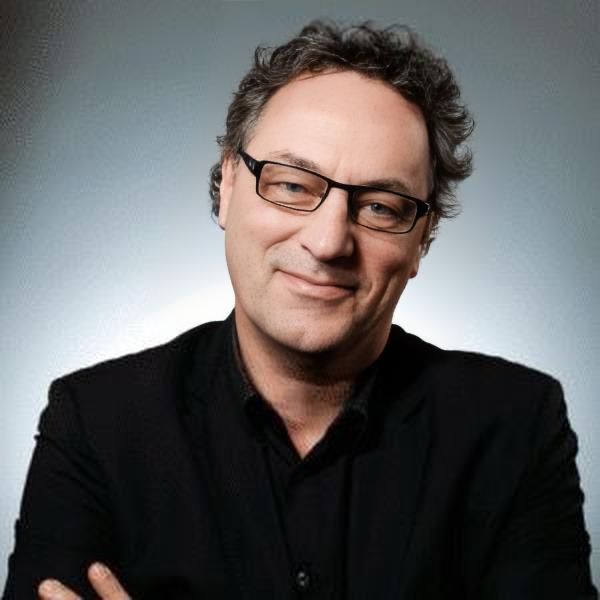
Futurologist
Gerd Leonhard is globally recognized as a futurologist, famed for his sharp intellect and ability to forecast technological trends. He has gained international acclaim as one of the top ten speakers in futurology and was recently ranked number one among virtual speakers during the COVID-19 pandemic. Since 2004, Leonhard has delivered nearly 2000 presentations in over 60 countries, reaching an audience of more than 2.5 million people. Wired magazine listed him among the 100 most influential people in Europe, and The Wall Street Journal regards him as "one of the leading media futurists in the world." His client roster spans numerous governments, NGOs, and Fortune 500 companies, including SAP, Microsoft, Google, VISA, Accenture, Deloitte, Motorola, KPMG, Sony, UBS, Tetra Pak, Mastercard, BBC, Unilever, Lloyds Bank, WWF, Sony, The Guardian, PwC, Siemens, RTL, The Financial Times, Ogilvy, Omnicom, the European Commission, Audi, and many more. Leonhard's focus lies at the intersection of humanity, science/technology, business, and culture. He advocates for sustainable, human-centric values, emphasizing the importance of foresight, future-readiness, leadership, and resilience in the face of uncertainty. He is also known for speaking out against unbridled extractive capitalism. His renowned and provocative lectures, both live and virtual, are known for their uncompromising and inspirational style, while being educational, humorous, motivating, and always personal.
GERD LEONHARD
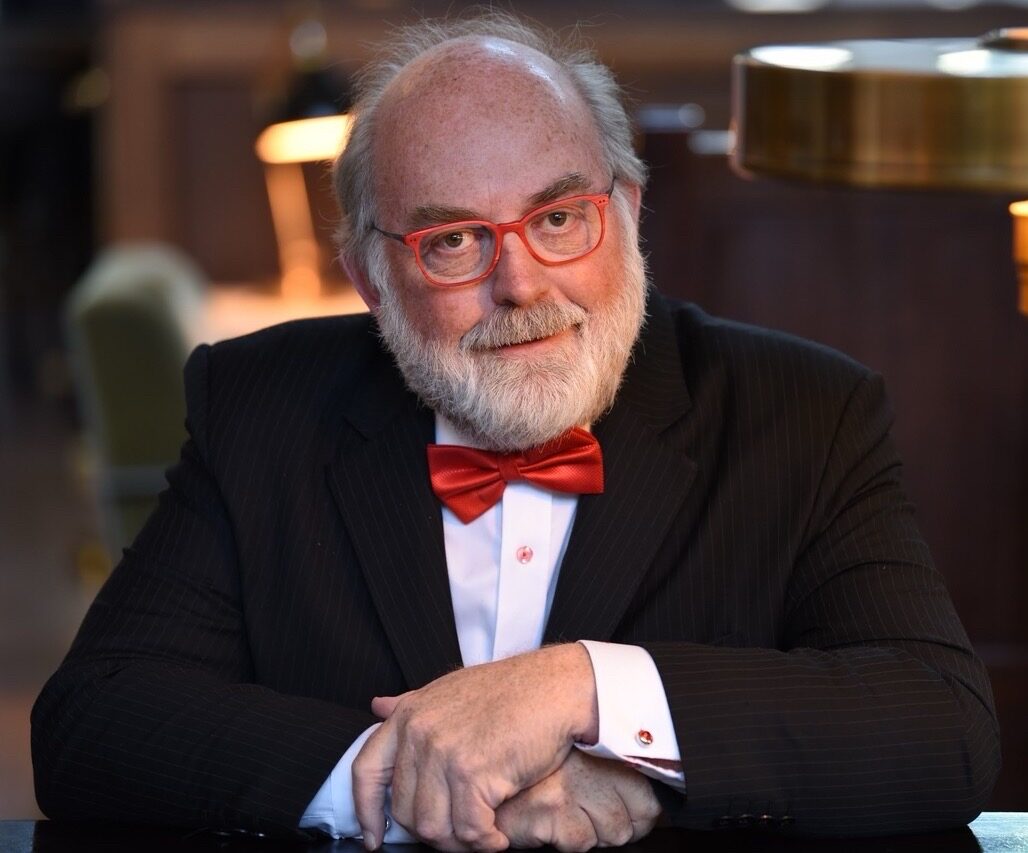
Futurologist
Thomas Frey, best known as Google’s top-rated futurist speaker and IBM’s most award-winning engineer[...]
THOMAS FREY
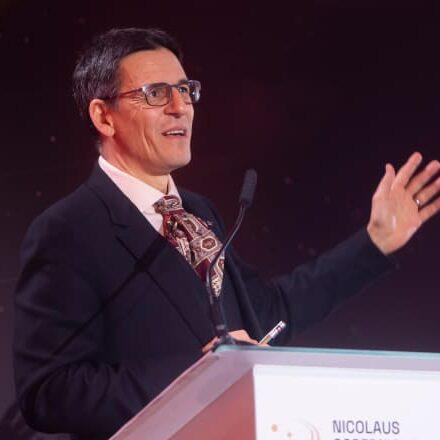
PROF. DIDIER QUELOZ
University of Cambridge | Nobel Prize in Physics
Didier Queloz is at the origin of the ”exoplanet revolution” in astrophysics when in 1995 during his PhD with his supervisor they announced the first discovery of a giant planet orbiting another star, outside the solar system. This seminal discovery has spawned a revolution in astronomy and kick started the field of exoplanet research. Since then Didier Queloz scientific contributions have essentially been to make progress in detection and easurement capabilities of exoplanet systems with the goal to retrieve information on their physical structure to better understand their formation and evolution by comparison with our solar system. He was awarded the 2019 Nobel Prize in Physics in recognition of his work. More recently he is directing his activity to the detection of Earth like planets and Universal life. In the course of his career he developed astronomical equipments, new observational approaches and detection algorithms. He participated and conducted programs leading to the detection of hundred planets, include breakthrough results. He participated to numerous ocumentaries movies, articles TV and radio interviews to share excitement and promote interest for science in general and particularly topics about exoplanets and life in the Universe.
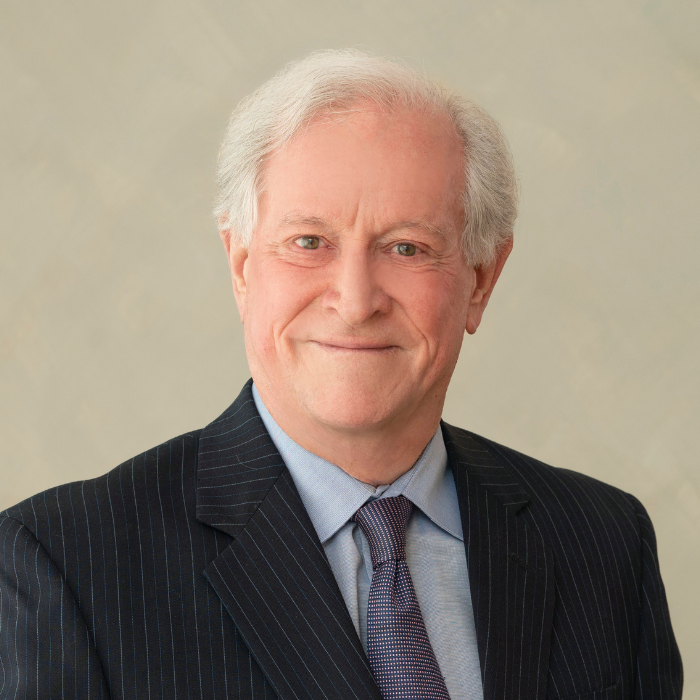
DR MICHAEL L. BRODIE
Harvard University
Dr. Michael L. Brodie has 45+ years of research and industry experience in data science, databases, artificial intelligence, and multidisciplinary problem-solving. I apply my knowledge to big-picture opportunities and challenges with philosophical and imminent practical impacts. For five years, my research objective is to better understand and define data science as a field of inquiry – its philosophy and that of data per se, and the data science problem-solving paradigm. I am a Visiting Scholar in DASlab, School of Engineering and Applied Sciences, Harvard University. For 2013-2019, I was a Research Scientist in the MIT Data Systems Group. I am a Canadian-American with a Ph.D. in databases and AI from the University of Toronto and a Doctor of Science (honoris causa) from the National University of Ireland. I have authored 200+ articles and seven books on advanced technologies, often collaborating with Turing Laureate Michael Stonebraker, given 100+ keynote addresses, and have an H-factor of 32 and an i10-index of 63. The Association of Computing Machinery has distributed 33,000+ copies of my 2019 book. Fulltime and visiting computer science professorships in Canada, USA, Germany, France, Italy, Australia, and Ireland expanded my knowledge of computer science research and practice. My practical, industrial knowledge comes from 25+ years as Chief Scientist of Verizon, one of the world’s largest enterprises. I was responsible for emerging technologies – architectures, methodologies, and strategies, e.g., the largest installation outside of Europe of SAP’s R3 ERP. Since 1980, I have served on Scientific Advisory Boards of national and international research organizations including US National Academy of Sciences committees and 20+ startups. I chaired (2013-2019) the Scientific Advisory Committee of Science Foundation Ireland Research Center for Data Analytics, Europe’s first and largest data science research institute, where I contributed to defining the phenomenal new field of data science. Fortuitously, my Ph.D. vision of AI extending databases and vice versa, prepared me, more than I could have foreseen, for the recent emergence of AI-based data science. I pursue that vison to better understand the miraculous yet inscrutable field of data science to enable knowledge discovery with scope, scale, complexity, and power beyond that of science, our previously most powerful knowledge discovery paradigm. While what is data science? and what is data? may seem philosophical and far from urgent, practical concerns, they must be understood to realize potential benefits, to identify and minimize risks, and to anticipate our 21st C world. Such data science thinking is required to gain insights into our world through data science problem-solving. My recent papers on these topics have been downloaded 2,000+ times in six months.
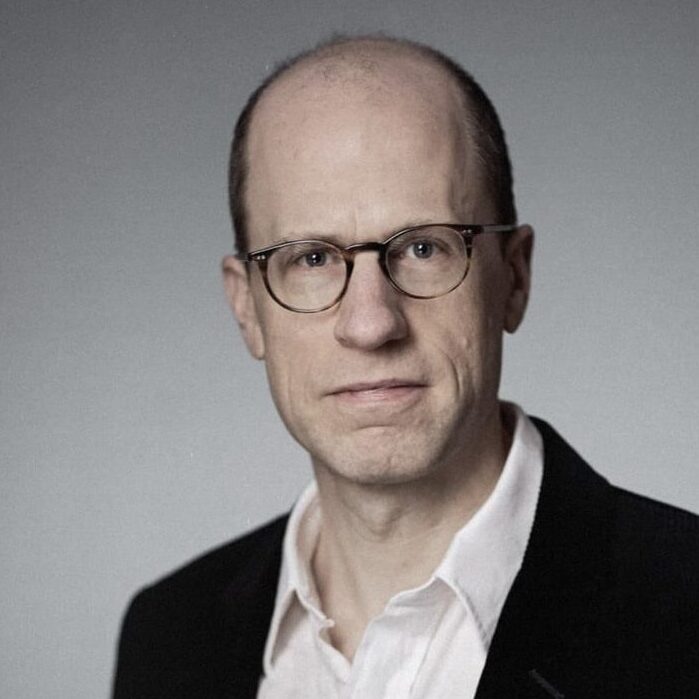
PROF. NICK BOSTROM
University of Oxford
Nick Bostrom is a Swedish-born philosopher with a background in theoretical physics, computational neuroscience, logic, and artificial intelligence, along with philosophy. He is the most-cited professional philosopher in the world aged 50 or under. He is a Professor at Oxford University, where he heads the Future of Humanity Institute as its founding director. He is the author of some 200 publications, including Anthropic Bias (2002), Global Catastrophic Risks (2008), Human Enhancement (2009), and Superintelligence: Paths, Dangers, Strategies (2014), a New York Times bestseller which helped spark a global conversation about the future of AI. His work has pioneered some of the ideas that frame current thinking about humanity’s future (such as the concept of an existential risk, the simulation argument, the vulnerable world hypothesis, the unilateralist’s curse, etc.), while some of his recent work concerns the moral status of digital minds. His writings have been translated into more than 30 languages; he is a repeat main-stage TED speaker; and he has been interviewed more than 1,000 times by media outlets around the world. He has been on Foreign Policy’s Top 100 Global Thinkers list twice and was included in Prospect’s World Thinkers list, the youngest person in the top 15. As a graduate student he dabbled in stand-up comedy on the London circuit.
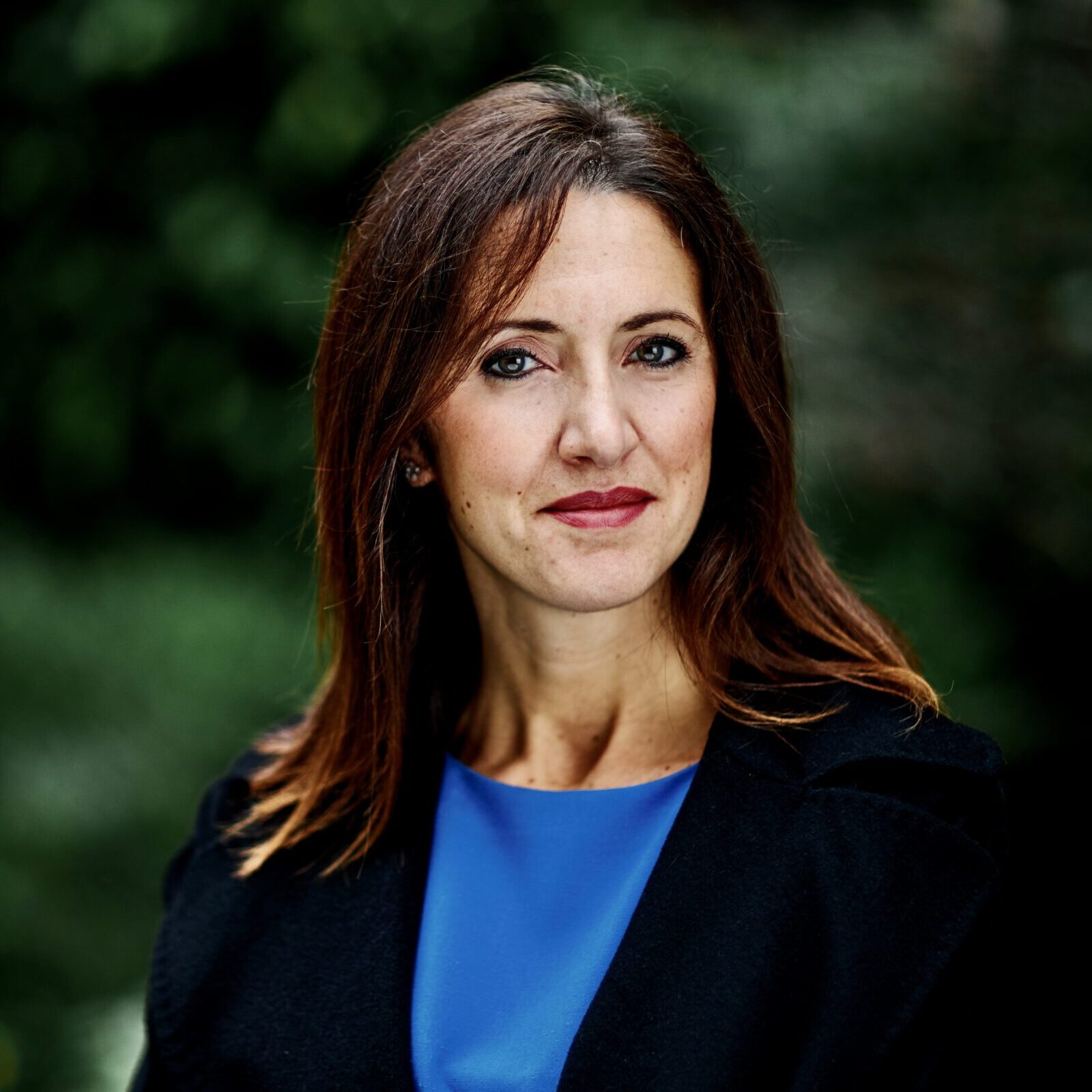
PROF. MARIAROSARIA TADDEO
University of Oxford
Mariarosaria Taddeo is Professor of Digital Ethics and Defense Technology at Oxford Internet Institute. She is also Defense Science and Technology Fellow at the Alan Turing Institute in London. Her work focuses primarily on the ethical analysis of artificial intelligence artificial intelligence, digital innovation, national security and defense, and cyber conflicts. His research has been published in more than 120 papers that have appeared in journals such as Nature, Nature Machine Intelligence, Science and Science Robotics. He has received numerous awards for his work, including the 2010 Simon Award for Outstanding Achievements in Computing and Philosophy and the 2016 World Technology Award for Ethics. In 2018, Inspiring Fifty named her among the top 50 Italian women working on issues of technology and its governance; in 2020, Computer Weekly named her among the 100 most influential in technology in the UK; in the same year, the Women's Forum for Economy and Society listed her among the twelve Outstanding Rising Talents. Mariarosaria also appears on the ORBIT list of the top 100 women working on the ethics of artificial intelligence in the world and in the Hall of Fame of Brilliant Women in AI Ethics. In 2021, the Women's Forum has named one of the world's 12 most promising and inspiring women - Twelve Rising Talents of the Women's Forum. From 2020 to 2022, Mariarosaria was ucially appointed to represent the United Kingdom as a member of the NATO Exploratory Team on Operational Ethics: Preparation and Interventions for the Future Security Environment. Since the same year, she has been a member of the Ethics Advis Advisory Panel for the Ministry British Ministry of Defense. Since 2019, he has been one of the opinion leaders advising the British Ministry of Defense. Since 2016, he has directed Minds & Machines (Springer Nature), a leading scientific journal in the areas of research concerning the philosophy and ethics of digital, artificial intelligence and cognitive sciences. For the same publisher, he directs the Philosophical Studies Series, the oldest series of books devoted to philosophy published by Springer Nature. In 2021-2022 Taddeo served as non-executive chairman of Noovle S.p.A. – Benefit Corporation. Since July 2023 he has been a member of the Board of Directors of the Italian Institute of Technology.
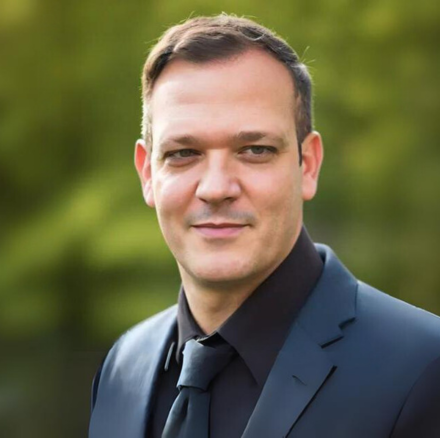
DR. MARK ESPOSITO
Harvard University
Dr. Mark Esposito is recognized internationally as a top global thought leader in matters relating to The Fourth Industrial Revolution. He is a professor of economics and public policy with appointments at Hult International Business School and Harvard University. At Harvard, he serves as social scientist with affiliations at Harvard Kennedy School’s Center for International Development; Harvard University’s Institute for Quantitative Social Science (IQSS) and the Davis Center for Eurasian Studies. He has been affiliate faculty of the Microeconomics of Competitiveness at Harvard Business School, under the mentorship of Prof. Michael E. Porter and he served as Founding Fellow of the Circular Economy Research Center at the Judge Business School, at the University of Cambridge, where he retains a Senior Associate role. He advises governments in the GCC and Eurasia regions and is a global expert of the World Economic Forum and holds adunct roles at Mohammed Bin Rashid School of Government, and Georgetown University. He co-founded the Machine Learning research firm, Nexus FrontierTech and the EdTech venture: The Circular Economy Alliance. He has a doctorate from Ecole des Ponts Paris Tech and he lives across Boston, Geneva and Dubai.
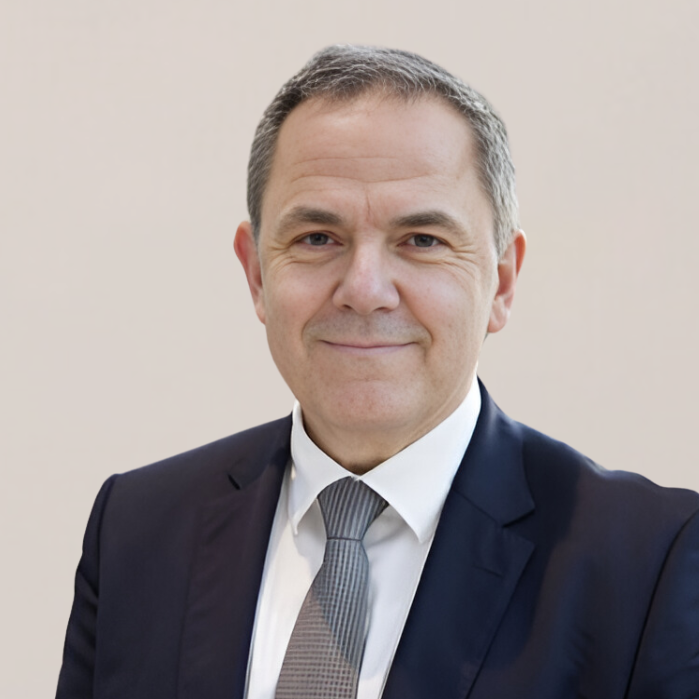
PROF. JOHN TASIOULAS
University of Oxford
John Tasioulas is Professor of Ethics and Legal Philosophy and the inaugural Director of the Institute for Ethics in AI at the University of Oxford. He is also a Senior Research Fellow at Balliol College Oxford. He studied law and philosophy at the University of Melbourne and completed his doctorate as a Rhodes Scholar at the University of Oxford. He was previously Yeoh Professor of Politics, Philosophy, and Law at King’s College London, Quain Professor of Jurisprudence at University College London, Reader in Moral and Legal Philosophy at the University of Oxford, and Lecturer in Jurisprudence at the University of Glasgow. Professor Tasioulas is a member of the International Advisory Board, Panel for the Future of Science and Technology (STOA), European Parliament, a Senior Fellow in Schmidt Future’s AI2050 program, and a member of the Prime Minister of Greece’s High-Level Advisory Committee on AI. He has acted as a consultant on human rights to the World Bank. Professor Tasioulas has held visiting appointments at All Souls College, Oxford, the Australian National University, Harvard University, the University of Chicago, the University of Melbourne, and the University of Notre Dame. He has published widely in the areas of moral philosophy, legal philosophy, political philosophy, and the philosophy of technology. He is currently engaged in an AI2050 project on humanistic AI ethics together with Professor Hélène Landemore (Yale University).

GERD LEONHARD
Futurist
Gerd Leonhard is globally recognized as a futurist, famed for his sharp intellect and ability to forecast technological trends. He has gained international acclaim as one of the top ten speakers in futurology and was recently ranked number one among virtual speakers during the COVID-19 pandemic. Since 2004, Leonhard has delivered nearly 2000 presentations in over 60 countries, reaching an audience of more than 2.5 million people. Wired magazine listed him among the 100 most influential people in Europe, and The Wall Street Journal regards him as "one of the leading media futurists in the world." His client roster spans numerous governments, NGOs, and Fortune 500 companies, including SAP, Microsoft, Google, VISA, Accenture, Deloitte, Motorola, KPMG, Sony, UBS, Tetra Pak, Mastercard, BBC, Unilever, Lloyds Bank, WWF, Sony, The Guardian, PwC, Siemens, RTL, The Financial Times, Ogilvy, Omnicom, the European Commission, Audi, and many more. Leonhard's focus lies at the intersection of humanity, science/technology, business, and culture. He advocates for sustainable, human-centric values, emphasizing the importance of foresight, future-readiness, leadership, and resilience in the face of uncertainty. He is also known for speaking out against unbridled extractive capitalism. His renowned and provocative lectures, both live and virtual, are known for their uncompromising and inspirational style, while being educational, humorous, motivating, and always personal.
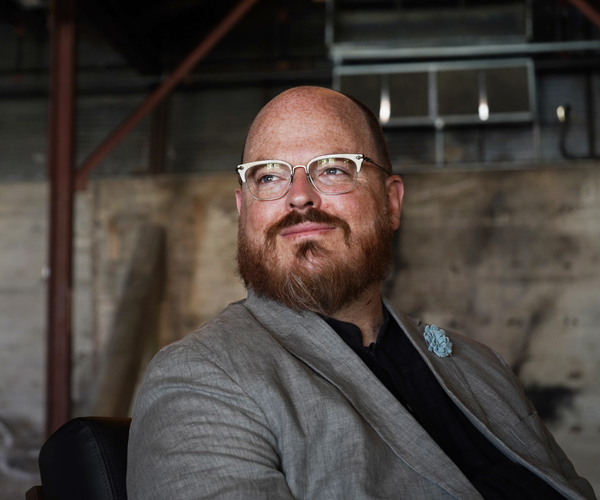
JONATHAN BRILL
Futurist
Jonathan Brill is an expert on strategic foresight and technology innovation. He writes, speaks and advises startups, the Fortune 50 and the Secret Service on how to create and take advantage of uncertainty. His warm style, compelling stories, and intellectual rigor inspire visionaries and open even the most hard-boiled executives to new ways of thinking and doing.

THOMAS FREY
Futurist
Thomas Frey, best known as Google’s top-rated futurist speaker and IBM’s most award-winning engineer, is the author, creator and online personality behind “Future Like A Boss,” the internationally renowned course filled with unusual processes and techniques for understanding the future. Thomas has built an enormous following around the world based on his ability to develop accurate visions of the future and describe the opportunities ahead. Having started seventeen businesses himself and assisting on the development of hundreds more, the understanding he brings to his audiences is a rare blend of reality-based thinking coupled with a clear-headed visualization of the world ahead. Predicting the future has little value without understanding the driving forces behind the trends, subtle nuances that can be leveraged, and implications for both the people directly affected in the industry as well as others farther down the technological food chain. Before launching the DaVinci Institute, Tom spent 15 years at IBM as an engineer and designer where he received over 270 awards, more than any other IBM engineer. He is also a past member of the Triple Nine Society (High I.Q. society over 99.9 percentile). As part of the celebrity speaking circuit, Thomas continually pushes the envelope of understanding, creating fascinating images of the world to come. His keynote talks on futurist topics have captivated people ranging from high level government officials to executives in Fortune 500 companies including NASA, Disney, IBM, Federal Reserve Bank, TED, AT&T, Hewlett-Packard, Visa, Frito-Lay, Toshiba, Dow Chemical, KPMG, Siemens, Rockwell, Wired Magazine, Caterpillar, PepsiCo, Deloitte & Touche, Hunter Douglas, Amgen, Capital One, National Association of Federal Credit Unions, Korean Broadcast System, Bell Canada, American Chemical Society, Times of India, Leaders in Dubai, and many more (see next section below). Thomas has been featured in thousands of articles for both national and international publications including New York Times, Huffington Post, Times of India, USA Today, US News and World Report, Popular Science, The Futurist Magazine, Forbes, Fast Company, World Economic Forum, Times of Israel, Mashable, Bangkok Post, National Geographics, ColoradoBiz Magazine, Rocky Mountain News, and many more. Each year his talks touch the lives of tens of thousands of people with his unique brand of customized presentations designed specifically around the needs of each and every audience.

PROF. PETER C. BISHOP
Futurist
prof. Peter C. Bishop is a professional futurist, a retired Associate Professor of Strategic Foresight, and the former Director of the graduate program in Futures Studies at the University of Houston. In 1968, Bishop received a bachelor's degree in philosophy from St. Louis University where he also studied mathematics and physics. He grew up in St. Louis, Missouri where he was a member of the Society of Jesus (Jesuits) for seven years. From Michigan State University, he received an M.A. (sociology) in 1971 and a Ph.D. (sociology) in 1974. Bishop started teaching at Georgia Southern College (now Georgia Southern University) in 1973 where he specialized in social problems and political sociology. Bishop came to the University of Houston in 2005, after having taught futures studies at the University of Houston–Clear Lake since 1982. Specializing in techniques for long term forecasting and planning, he has published a book on the subject, Thinking about the Future: Guidelines for Strategic Foresight, with co-author Andy Hines. He delivers keynote addresses and conducts seminars on the future for business, government and not-for-profit organizations. He also facilitates groups in developing scenarios, visions and strategic plans for the future. Bishop's clients include IBM, the NASA Johnson Space Center, Nestlé USA, Tetra Pak, the Shell Pipeline Corporation, the Defense and Central Intelligence Agencies, the Lawrence Livermore National Laboratory, the W.K. Kellogg Foundation, the Texas Department of Transportation, the California Environmental Protection Agency, and the Center for Houston’s Future. He is a founding board member of the Association of Professional Futurists, and is president of his own firm, Strategic Foresight and Development, which offers education and training in futures thinking and techniques to the corporate market.
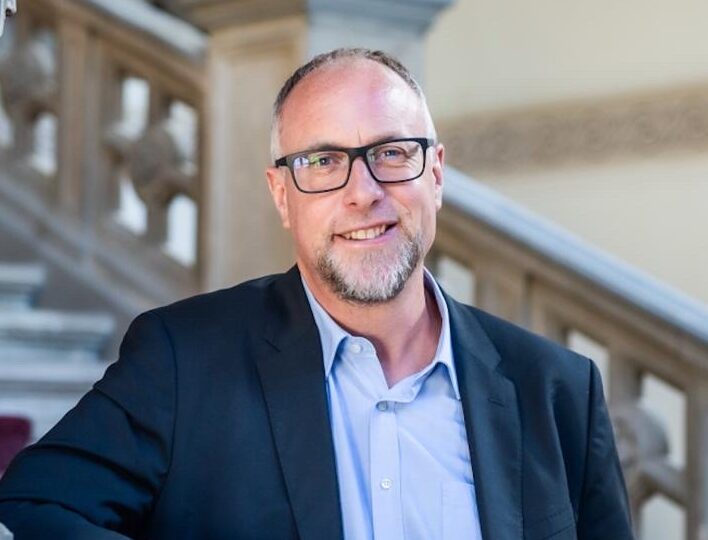
PROF. MARK COECKELBERGH
University of Vienna
Professor Mark Coeckelbergh is a philosopher of technology and a global leading expert in ethics of artificial intelligence and robotics. He is full Professor of Philosophy at the Philosophy of Department of the University of Vienna, ERA Chair at the Institute of Philosophy of the Czech Academy of Sciences in Prague, and Guest Professor at WASP-HS and University of Uppsala. Previously he has served as the President of the international Society for Philosophy and Technology (SPT). He is a member of various entities that support policy building in these areas, such as the European Commission’s High Level Expert Group on Artificial Intelligence, the Expert Council Ethics of AI of the Austrian UNESCO Commission, the Austrian Council on Robotics and Artificial Intelligence, and the Austrian Advisory Council on Automated Mobility. He is involved in interdisciplinary research projects on AI and robotics and is the author of 18 books and numerous articles. His recent books have been translated into many languages, for example AI Ethics, The Political Philosophy of AI, and Why AI Undermines Democracy and What to Do About It.
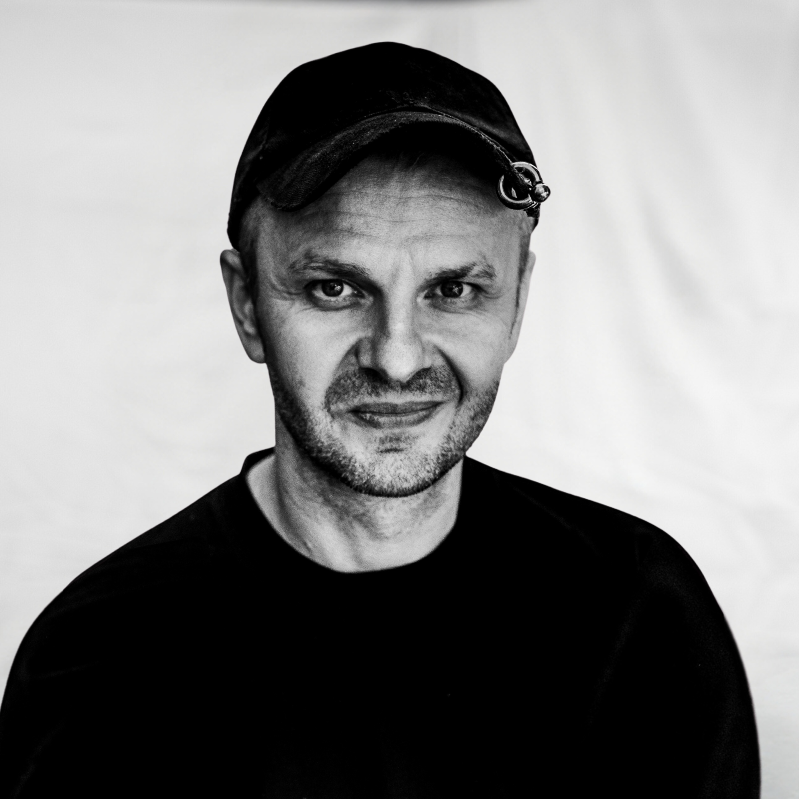
PROF. ANDRZEJ DRAGAN
University of Warsaw
Andrzej Dragan is a distinguished professor of physics at the University of Warsaw and the National University of Singapore. He leads a research group dedicated to integrating the theory of relativity with quantum theory. His academic excellence has been recognized with awards from the European Science Foundation, the Minister of Education, the Polish Science Foundation, and the National Science Center, as well as commendations from the weekly magazine "Polityka". A scholar of the University of Oxford, Dragan has worked at the Imperial College London and the University of Nottingham, contributing to the scientific community with two books and over 60 research articles. His artistic flair has earned him the title of Photographer of the Year by the British magazine "Digital Camera", and a nomination for the prestigious Golden Lion at the Cannes advertising festival. Dragan's creative versatility extends to photography and short films for renowned platforms and brands such as Netflix, HBO, Channel 4, Sky TV, Playstation, Converse, Energizer, and Xbox. He is the creator of the renowned photographic 'Dragan Effect', with his work exhibited in major cities like Milan, London, Paris, Amsterdam, New York, and Tokyo. His achievements include winning the main prize at the London Fashion Film Festival, Best in Show at the British "Creative Review", being a finalist at the Berlin Commercial, and receiving accolades at Golden Drum, Epica Awards, Corbis Awards, and the Photo Masters Cup London. Andrzej Dragan has also ventured into the world of music, directing music videos for artists like Quebonafide, Behemoth, and Hania Rani, and in his teenage years, he won awards in electronic music competitions. Interestingly, he has never indulged in coffee.
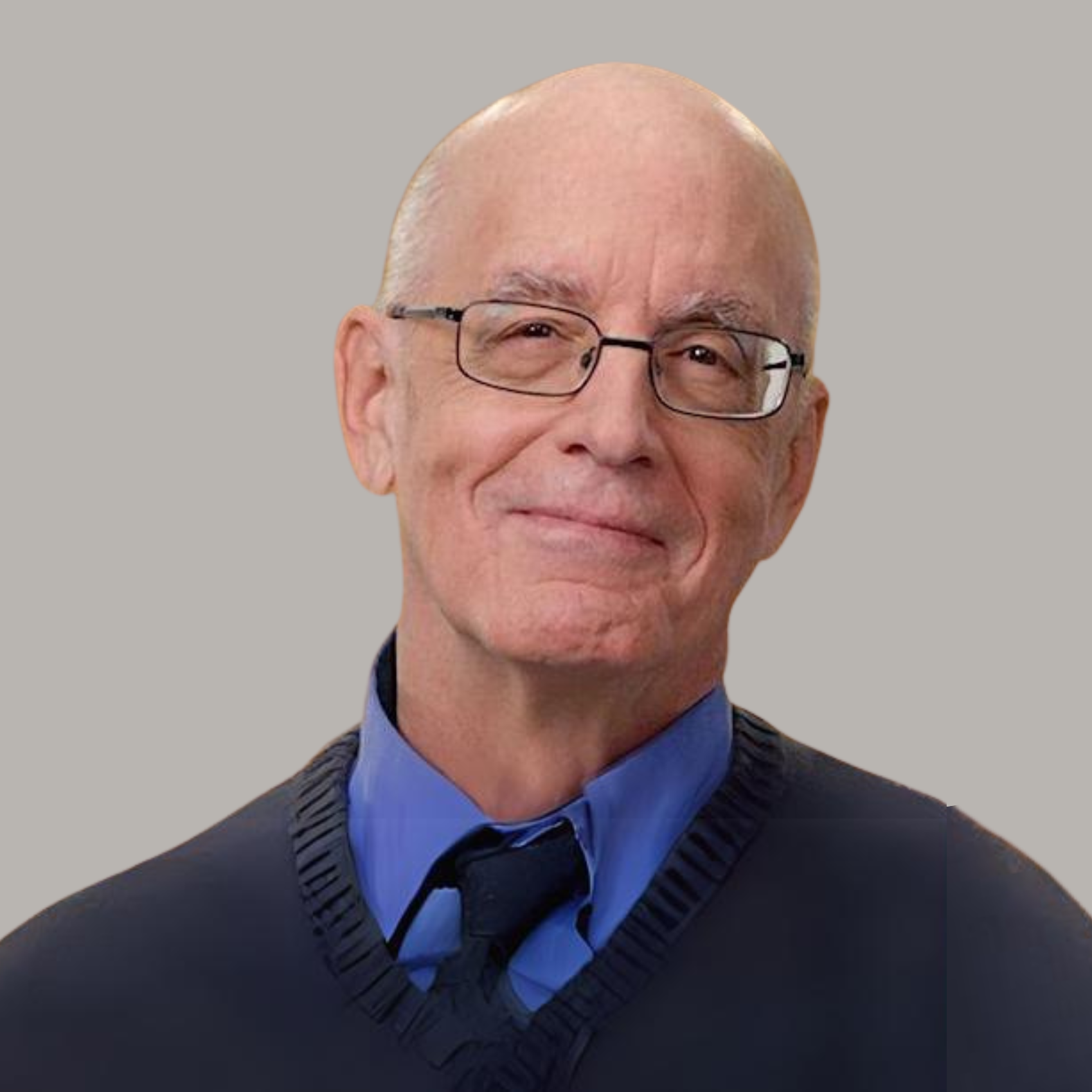
GARY A. BOLLES
Futurologist
Gary A. Bolles is the author of “The Next Rules of Work,” which offers a new vision for the future of work and learning. He is a frequent lecturer, writer, and consultant on the future of learning, work, and the organization. He has over 1.4 million learners for his courses on LinkedIn such as “Learning Agility,” “Developing a Learning Mindset,” “Leading Change,” and the brand-new “Skills for Leading the Future of Work.” Bolles serves as adjunct Chair for the Future of Work for Singularity University, the global virtual learning community, leading efforts to empower changemakers around the world with the mindset, skillset, and toolset to create an abundant future of work and learning. He is also a co-founder of Next CoLabs, a global network of experts helping organizations to leverage AI tools. Bolles lectures frequently on strategies for the digital and strategic transformation of education, creating learning organizations, and the transformation of education in developing economies, consulting with organizations like Novartis and SK Technologies. Bolles has lectured for university groups around the world, such as Switzerland’s École hôtelière de Lausanne, the University of Notre Dame, Tecnológico de Monterrey, and the IT University of Copenhagen. He advises edtech startups around the world. Bolles co-produced DGREE: The future of higher education, a 2010 conference that presaged the digital future of young adult learning. He is the author of “Unbundling Higher Education,” a prescient 2014 article on the shift to hybrid post-secondary learning. He also hosted virtual conferences such as NEXT:Learning, including conversations with the CEOs of Coursera and Pearson. Recent lectures and consulting have included work with Duke University/Fuqua Business School, Southern New Hampshire University, Lehigh University, Oberlin College, Cal State University (10 school presidents), Webster University (Uzbekistan), Leadership School (Armenia), Carrefour University (France), IT University of Copenhagen, University Centrale of Tunisia, Canada School of Government, the World Bank/IFC’s education group, the Virtual Educa conference in Medellin, Colombia, and at the Tecnológico de Monterrey Future of Learning conference.
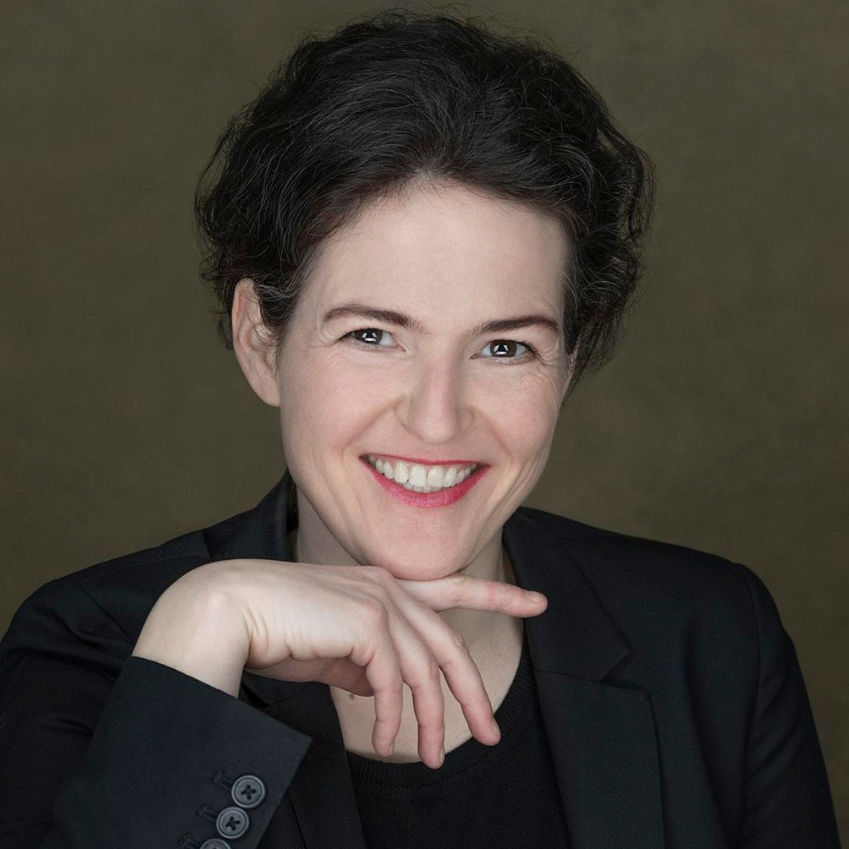
DR. DOROTHEA BAUR
Baur Consulting
Dr. Dorothea Baur is the founder of Baur Consulting, specializing in responsibility, sustainability, and ethics in business with a distinctive focus on tech and finance. She offers expert advice for decision-makers, guiding them to integrate ethical values into their corporate strategies. As a respected speaker and lecturer, Dorothea shares insights on these critical issues with diverse audiences worldwide. Her unique blend of academic rigor and practical experience positions her at the forefront of ethics in technology and finance. Holding degrees in Business Administration and International Relations from Zurich (CH), Leuven (BE), and St. Gallen (CH), Dorothea Baur completed a PhD at the University of St. Gallen's Institute of Business Ethics. This academic journey led to teaching and research positions at leading business schools in Europe, including ESADE Barcelona and Nottingham University Business School. As a scholar she has published various articles in the world’s leading business ethics journals. As a practitioner, Dorothea Baur actively contributes to the ethical technology dialogue. She is a popular guest in podcasts and TV shows across the world. Noteworthy keynotes by Dorothea Baur include discussions on AI and ethics in the insurance industry, on the impact of technology on inclusion of people with disabilities, and on blockchain and ethics in education. She has also delivered a TedX speech. Her analytical sharpness, based on a transdisciplinary perspective and combined with passion, make Dorothea Baur an inspiration for everyone who is ready for a future where tech and ethics go hand in hand.
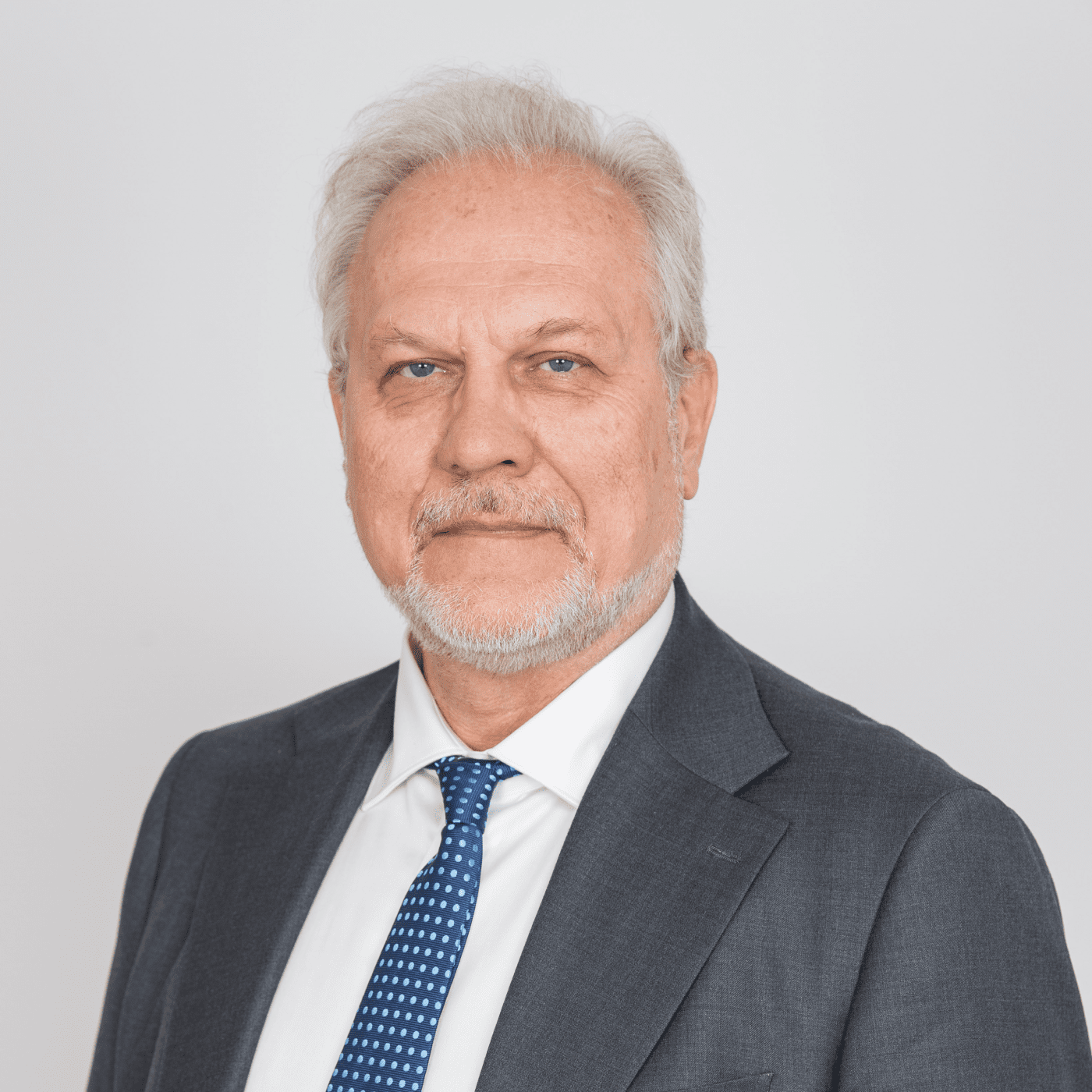
PROF. KRZYSZTOF GÓRSKI
Nicolaus Copernicus Academy
Prof. Ph.D. Krzysztof Marian Górski is the Secretary General of the Nicolaus Copernicus Academy and a Polish astronomer whose scientific work deals with observational cosmology, the large-scale structure of the Universe and the mechanism of galaxy formation. He completed his astronomical studies at Nicolaus Copernicus University in Toruń, and obtained a PhD in physics from the University of Warsaw. He was a scholar at the University of California, Berkeley, and Los Alamos National Laboratory. He conducted research as a visiting research fellow at Princeton University and the Institute for Advanced Study, and as a visiting scholar at the Department of Astronomy and Astrophysics at the University of Chicago. He also worked at the Centre National de la Recherche Scientifique (CNRS) in Paris, the Yukawa Institute for Theoretical Physics at Kyoto University, the Goddard Space Flight Center, the Center for Theoretical Astrophysics in Copenhagen, and the European Southern Observatory Headquarters in Garching bei München. From 1993 to 1996, he was a member of the COBE satellite team, which first measured the anisotropy of cosmic background radiation. Since October 1997, he has been involved in the Planck satellite mission, for which he and his team were awarded the prestigious Gruber Cosmology Prize in 2018. Currently, he works at the Astronomical Observatory of the University of Warsaw, as well as at NASA's Jet Propulsion Laboratory and the California Institute of Technology (since 2003). He is the recipient of numerous awards and honors, including the NASA Exceptional Achievement Medal (2011), NASA Exceptional Technology Achievement Medal (2019), the Foundation for Polish Science Prize (2020), and the NASA Exceptional Public Service Medal (2023).
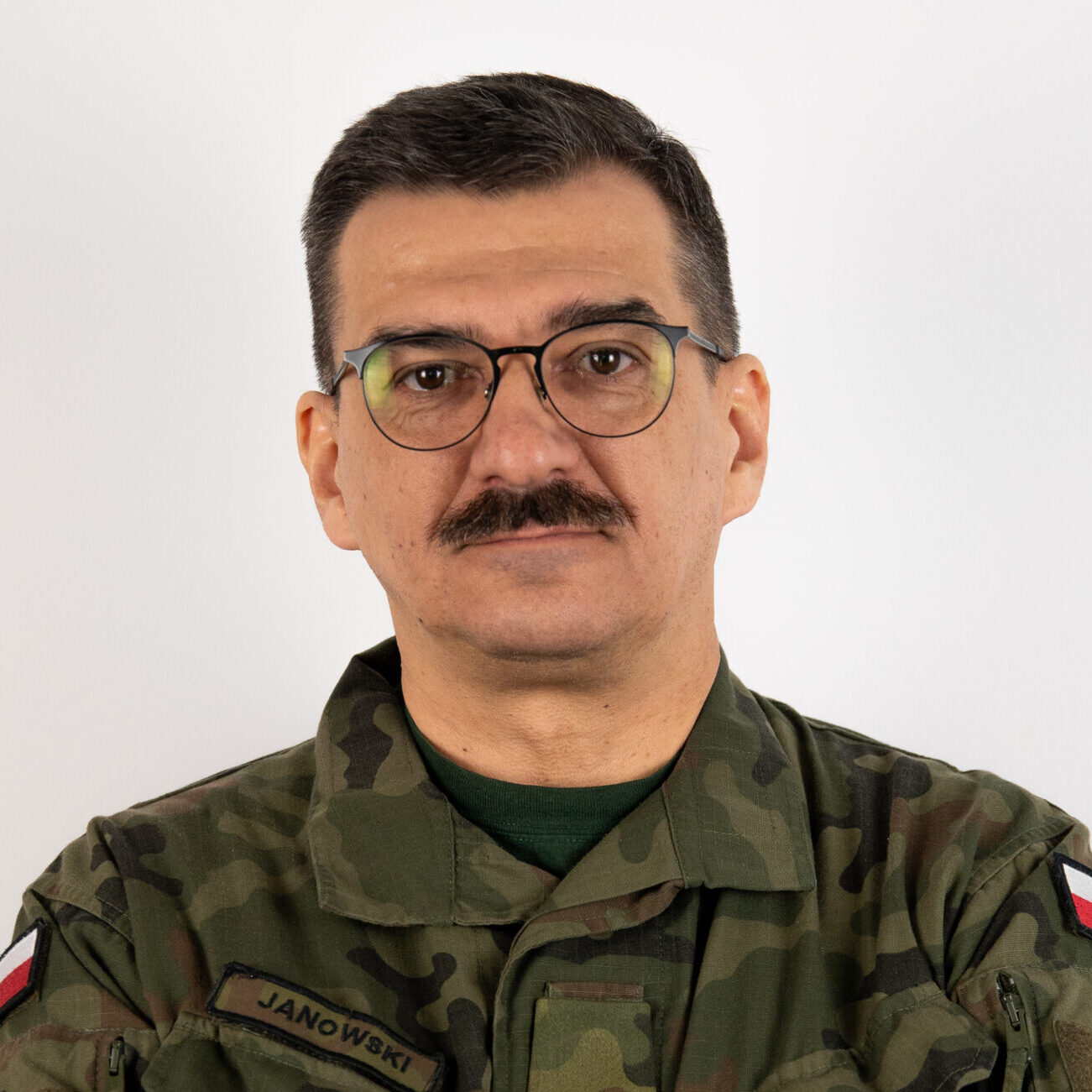
BG CEZARY JANOWSKI
General Staff of the Polish Armed Forces
General Cezary Janowski is the Chief of the Operational Planning and Training Directorate in the General Staff of the Polish Armed Forces. He is a specialist in the areas of military modernisation, innovation and training. Originator of many innovative projects in the Polish Armed Forces and the creator of the modern army concept. Co-author of projects in the area of future soldier concept. Co-originator of projects regarding the vision of the army in the future. As an specialist, he deals with a wide range of research in the field of international security in the context of contemporary threats and analyses global dependencies in terms of their impact on the security environment. As an expert, he has participated in a number of projects concerning international security, global processes and dependencies and their impact on the world security environment. He has been invited as a keynote speaker and panellist in multiple national and international conferences, seminars and discussion panels. He is a promoter of civilian and military cooperation, in particularly in the field of education. He strongly supports knowledge sharing between civilian and military universities, educational centres and think tanks. When facing a problem, he always tries to find a new perspective on the subject, thus stimulating fruitful discussion and creative thinking. He is known for his open-minded approach.
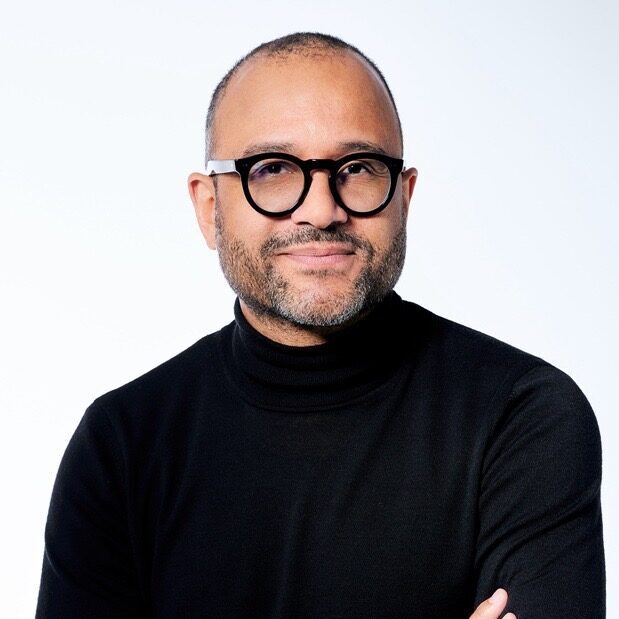
DR OUSMÈNE JACQUES MANDENG
Accenture
Dr Ousmène Jacques Mandeng, is Founder and Director of strategy consulting boutique Economics Advisory. He currently works mostly with professional services firm Accenture on blockchain-based financial applications especially on the leading central bank digital currency (CBDC) projects. Prior, Ousmène worked more than 20 years and had senior positions in financial markets and at the International Monetary Fund. He has commented regularly on the impact of digital money and the international monetary system. He is a Visiting Fellow of the London School of Economics and Political Science, a Member of the Bretton Woods Committee. He holds a PhD from the LSE.
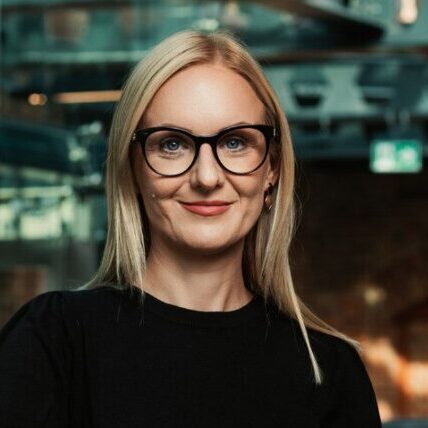
KAROLINA WILAMOWSKA
European LegalTech Association
Attorney, managing partner at the Wilamowski Adwokaci Spółka Partnerska law firm, mediator of the Mediation Center at the Supreme Bar Council and the Mediation Center at the District Bar Council in Bydgoszcz, PhD student at Lazarski University, trainer, lecturer, mentor of the Women in Law Foundation. A graduate of postgraduate studies LegalTech and innovations in the legal industry at SWPS, Tokenization and process automation in the digital economy. Legal, technological and management aspects (artificial intelligence, Blockchain, work and algorithm automation) at the University of Silesia and Personal Data Protection Inspector at the Polish Academy of Sciences, participant of the AI & Data Expert course (Maruta Wachta) and numerous trainings in the field of legaltech, new technologies and personal data protection. Member of the Legal Tech Institute at the Supreme Bar Council, where she works in a team developing recommendations for attorneys regarding artificial intelligence. Professionally, he deals with intellectual property law, new technologies, personal data protection and mediation (in IP and IT matters). Member of the Bydgoszcz IT Cluster, the Polish IT Association and the European LegalTech Association. She is a speaker at Polish and international conferences on intellectual property law, new technology law and mediation. Featured in Forbes Women's Top 25 Women in Business for 2022.
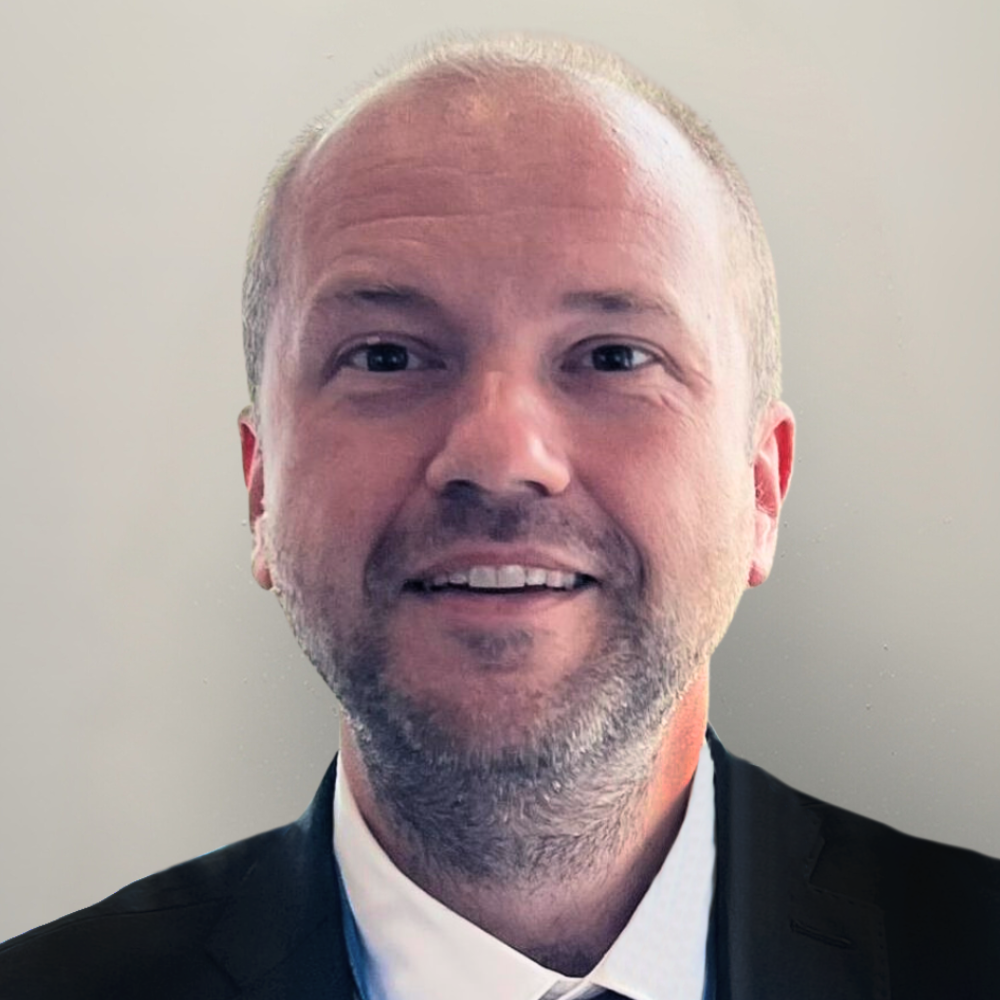
PROF. SAŠA HORVAT
SGMK Nicolaus Copernicus Superior School
Professor, philosopher contributing to the intellectual landscape within the Department of Social Sciences and Medical Humanities at the esteemed Faculty of Medicine, University of Rijeka, Croatia.Prof. Horvat’s portfolio reflects his profound engagement with diverse philosophical realms, ranging from neurophilosophy and the philosophy of science to the intricate intersections of philosophy with religion, cognitive science, medicine, ethics, autism and artificial intelligence. Prof. Horvat has secured grants for various projects, garnering support from prestigious entities including the University of St Andrews / University of Oxford/ John Templeton Foundation / SET Foundations, the Ministry of Education, Science and Sport in Croatia, and the University of Zagreb.His global reach is evident through scholarships received from international projects. He is the author of two books: “Why do we Believe in God? Philosophical Foundations of Cognitive Science of Religion” (2023), and “Heidegger’s Notion of Oblivion” (2016), a profound exploration of Martin Heidegger’s philosophical legacy.In addition, prof. Horvat was a co-editor for five editions of scientific articles published by reputable publishers and has published numerous scientific articles. His involvement as a guest editor in distinguished scientific journals underscores his commitment to fostering interdisciplinary dialogue. Prof. Horvat is the member of the Editorial Board of “JAHR – European Journal of Bioethics” and serves as a member of the Advisory Board for “Scientia et Fides”. Prof. Horvat is also the initiator and President of the Organizational Committee of the internationally recognized interdisciplinary conference “Rijeka Scientific Bridges,” facilitating the convergence of minds across various scientific and philosophical domains.
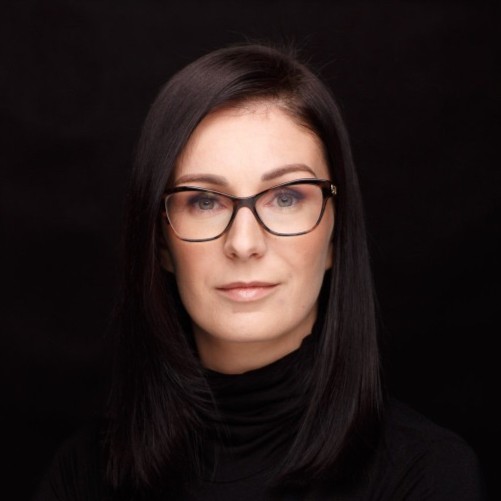
AGNIESZKA BOCHACKA
Singularity University, PwC
An experienced expert in the field of Digital Transformation with many years of experience gained while working in pioneering companies such as PwC, Deloitte Digital, Maspex and 4F. She translates her passion into building a community and spreading knowledge in the area of Digital Transformations as the President of the Management Board of SingularityU Cracow Chapter and Leader of the Transformation Team PMI PC At the ICAN Institute and at academic universities, he shares his extensive knowledge by conducting courses and lectures in the field of Digital Transformations. He conducts doctoral research focused on Organizational Transformational Maturity. She holds numerous industry certificates and was awarded as "Strong Woman in IT 2023". Active mentor in the #SukcesPisanySzminką and #DareIT programs and cooperating with startups as part of MIT EF CEE. Regularly speaking at national and international conferences, she inspires others to actively create their own future in the evolving world of technology.
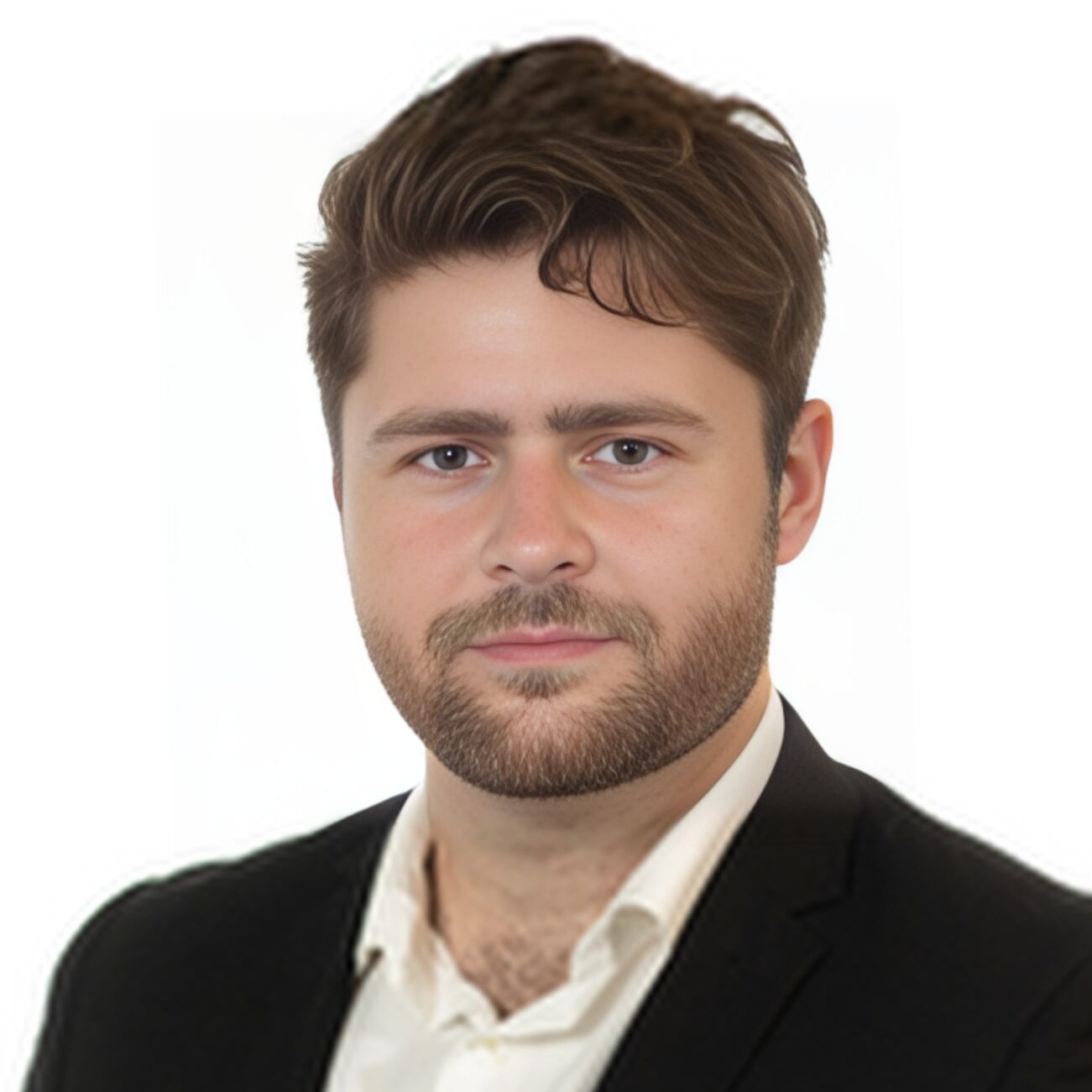
PROF. WESLEY ROSSLYN-SMITH
University of Pretoria
Prof. Wesley Rosslyn-Smith serves as an Associate Professor at the University of Pretoria, where he specialises in corporate strategy, turnaround management, and business analytics. He also lends his expertise as a lecturer at the Gordon Institute for Business Science (GIBS), focusing on modules related to strategy and turnaround management. With a master's in Business Rescue and a PhD in Turnaround Management, both from the University of Pretoria, Prof Rosslyn-Smith is committed to elevating the field through research and practical applications. In addition to his academic roles, he is the founder of TMA-SA NextGen and is an active member of several international committees, including TMA NextGen International Committee and III NextGen. As the Director of the Centre for the Future of Work (CFoW), Prof Rosslyn-Smith leads research initiatives that explore the future of employment in an increasingly digital landscape. He's also a key member of the digital transformation team at the University of Pretoria, where he helps strategise and implement tech-driven initiatives. Additionally, he contributes as a turnaround consultant for various enterprises, utilising his academic insights to address real-world business challenges. Committed to both scholarly inquiry and pragmatic solutions, Prof Rosslyn-Smith aims to create a meaningful impact in academia and the broader business community.
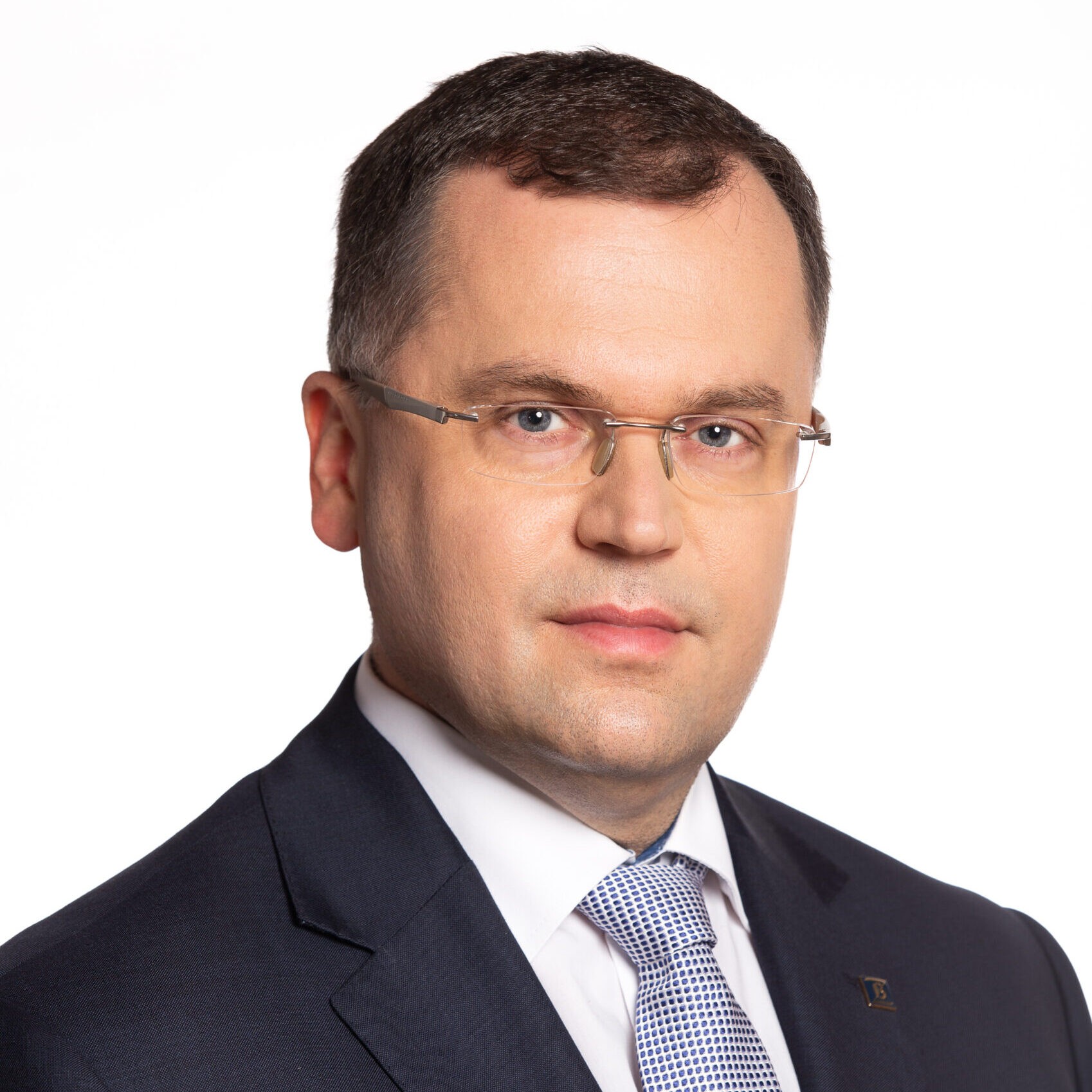
DR TADEUSZ BIAŁEK
Polish Bank Association
President of the Polish Bank Association, doctor of law, legal adviser, graduate of law at the University of Warsaw and PhD studies at the Institute of Legal Sciences of the Polish Academy of Sciences. He has been associated with the banking sector since 2003. In the years 2010-2020, he served as Director of the Legal and Legislative Team of the Polish Bank Association. From 2020, Vice-President of the Polish Bank Association. Chairman of the Steering Committee of the National Working Group on Benchmark Reform. He held numerous positions in the representation of the banking sector at the national and European level within the European Banking Federation, including: in the work of UNCITRAL (United Nation Commission on International Trade Law). He participated in legislative work on numerous legal acts, including: in the field of banking law and financial market regulations. Coordinator of numerous interpretation works in the banking sector in the field of new and amended regulations and implementation projects of sector solutions. Lecturer in banking law and new technologies law. Author of several dozen publications in the above-mentioned scope.
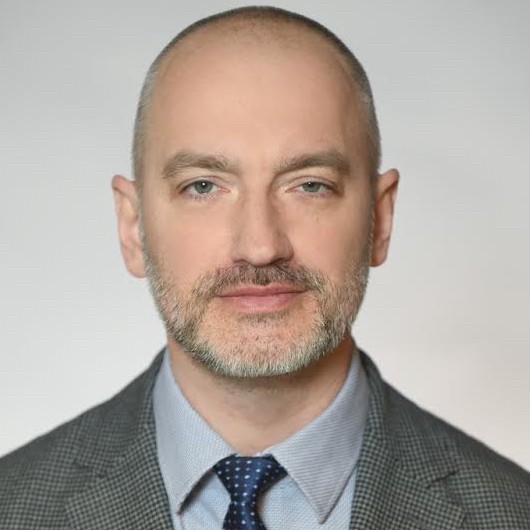
DR PIOTR TUREK
SGMK Nicolaus Copernicus Superior School
Dr. Piotr Turek is a manager, economist, and entrepreneur. He holds a Ph.D. in Economics from the Warsaw School of Economics. He is the Director of the Communication Department at the National Bank of Poland and also serves as the Rector of the SGMK Nicolaus Copernicus Superior School. From 1999 to 2003, he studied Public Relations at the University of Economics in Katowice. Between 2000 and 2007, Dr. Turek worked at the Public Relations agencies Sigma and Edelman, managing the press office for Microsoft. In 2004, he founded the limited liability company Nokaut Skład, where he conducted PR activities for leading IT companies worldwide. From 2007 to 2012, he was employed at P4 (Play network), and later at Polkomtel (Plus network), where he was responsible for developing mobile content and digital services. Since 2016 Dr. Turek has been working at the National Bank of Poland, where he successfully led the rebranding process in 2021 and where he currently serves as the Director of the Communication Department. He obtained his Ph.D. in Economics from the Warsaw School of Economics with the doctoral dissertation titled "The Digital Revolution and the Market of Mass Media, Entertainment, and Education in Poland." Occasionally, he engages in different projects as an expert, lecturer, columnist, and music producer. In 2021, he became a member of a jury panel in the PR Wings competition organized by the Association of Public Relations Agencies. On August 7, 2023, the Presidium of the Nicolaus Copernicus Academy elected Piotr Turek as Rector of the SGMK Nicolaus Copernicus Superior School.
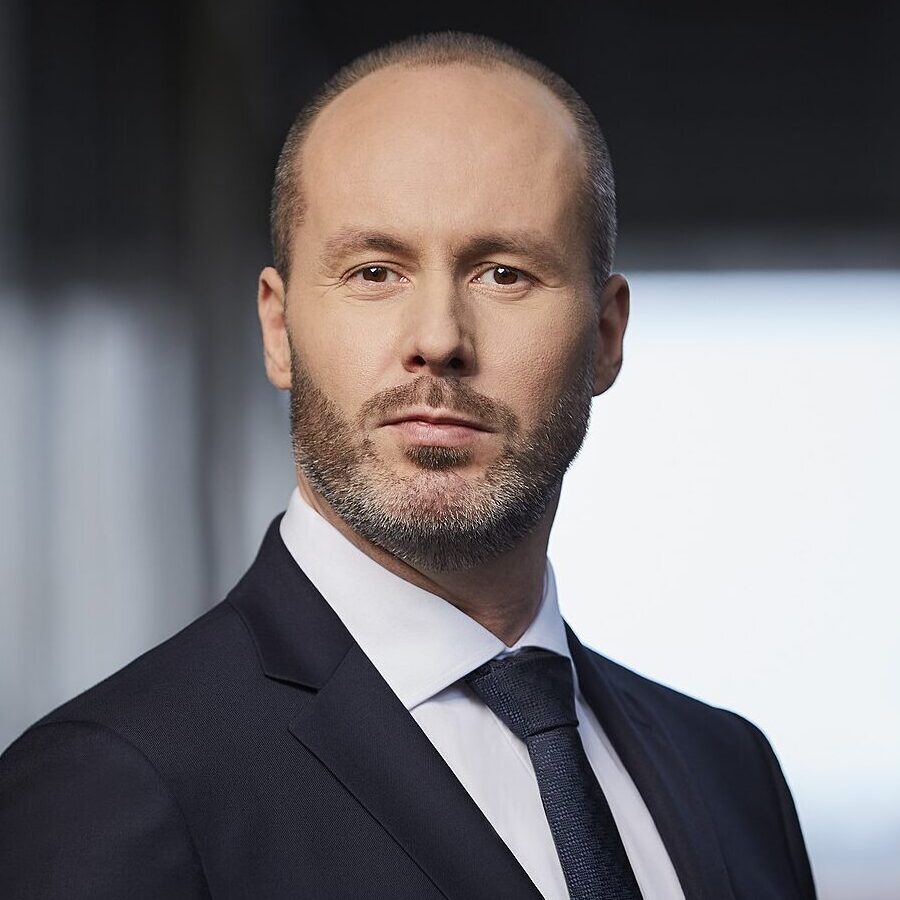
PROF. KONRAD RACZKOWSKI
City University of New York
Polish economist and manager, professor of economic sciences, undersecretary of state at the Ministry of Finance in 2015–2016. In 2006, at the Faculty of Land Forces of the National Defense University, he defended his doctoral thesis in the field of military sciences entitled A system of training and development in the customs service in the field of tactics and intervention techniques. Origin, concepts, structure, development. Then he completed a three-year habilitation internship in economic sciences at the Institute of Organization and Management in Industry "Orgmasz" in Warsaw. In 2011, based on his scientific achievements and the dissertation entitled Knowledge management in customs administration in the economic and social security system, defended at the Faculty of Management and Command of the AON, obtained his habilitation in social sciences. On March 11, 2019, he obtained the title of professor of economic sciences. He lectured at the Warsaw School of Economics and as an associate professor at the Warsaw School of Economics. Paweł Włodkowic in Płock and at the Branch Faculty of the Social Academy of Sciences in Warsaw. He specializes in management in the economic system, enterprise restructuring, public finances and the unofficial economy. In the years 2012-2021, director of the Institute of Economics of the Social Academy of Sciences in Warsaw and head of the Department of Management in Economy. Then director of the Center for the World Economy and vice-rector for finance of the Cardinal Stefan Wyszyński University in Warsaw (UKSW). Author of over 100 scientific publications, scientific editor of academic textbooks and member of scientific societies: the Royal Economic Society and the British Academy of Management. From 2003 to 2013 he worked at the Ministry of Finance. He cooperated as an advisor with the European Anti-Fraud Office in Brussels and the Institute for Security and Development Policy in Stockholm (Visiting Fellow). Scholarship holder of the Swedish government in the field of management (2009). In 2015, he became a member of the National Development Council of the President of the Republic of Poland. On November 19, 2015, he was appointed Undersecretary of State at the Ministry of Finance. Dismissed from office on March 8, 2016, according to media information, after a critical statement about the stability of the Polish banking system. Then he became CFO, vice-president of the management board of Bank Ochrony Środowiska, where he managed, among others, developing the bank's development strategy for 2016–2020 and carrying out the restructuring, as well as Chairman of the Supervisory Board of Dom Maklerski BOŚ S.A. Member of the State Examination Commission for tax consulting (6th term). In 2019–2020, vice-president of Miedzi Copper Corporation in Vancouver.

M.SC. ENG. NIKOLA BUKOWIECKA
University of Rhode Island
Currently pursuing a doctoral dissertation at the University of Rhode Island (USA) in the field of theoretical astrophysics and cosmology. Conducts numerical magnetohydrodynamic research in the general theory of relativity (GRMHD) concerning black hole accretion processes in collaboration with the Black Hole Initiative at Harvard University. Operates at the intersection of theory and observation, bridging physics, mathematics, programming, and new technologies, particularly in space sciences. Nikola's second passion lies in biological sciences, reflected in her role as a board member of the Polish Astrobiological Society. She is also a member of the Climate Council at the United Nations, serving as an expert in utilizing space technologies for climate improvement. Education: University of Szczecin - Master's degree in Physics (specialization: medical physics) West Pomeranian University of Technology in Szczecin - Bachelor's degree in Automation and Robotics (specialization: control theory) Professional Experience: Former physicist at the Space Research Center of the Polish Academy of Sciences, in the Solar System Physics and Astrophysics Team, contributing to the GLOWS project (part of NASA's IMAP space mission). Software design work in astrophysics at Wolfram (USA). Employment at Creotech Instruments S.A, focusing on control systems for Polish satellites, software development for drone systems, and mission planning for space projects. Internship at the Max Planck Institute for Plasma Physics in Greifswald (Germany) working on the Wendelstein 7-X fusion reactor. Accolades: Recipient of numerous competition awards and honors.
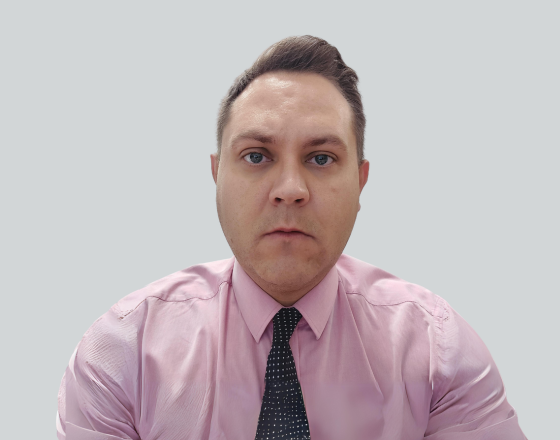
DR. TOMASZ PAWLONKA
Polish Bank Association
Dr. Tomasz Pawlonka – Advisor to the Management Board of the Polish Bank Association for Research and Analysis, Director of the Analytical Research Program at the Warsaw Banking Institute, and Assistant Professor at the Department of Finance at Warsaw University of Life Sciences (SGGW). His scientific and educational activities are focused on banking, behavioral finance, and corporate finance management. An expert in financial analysis, sources of corporate financing, particularly in agribusiness enterprises, and business valuation. He conducts research on the development of the banking sector, the ability of the banking sector to finance the economy, the structure of the financial market, and cooperative banking. He has many years of experience as an academic teacher. Author of nearly 40 scientific publications, including four monographs (ORCID). He has been associated with the Analytical Research Program at WIB from its inception, and has been directing its work since March 2024.
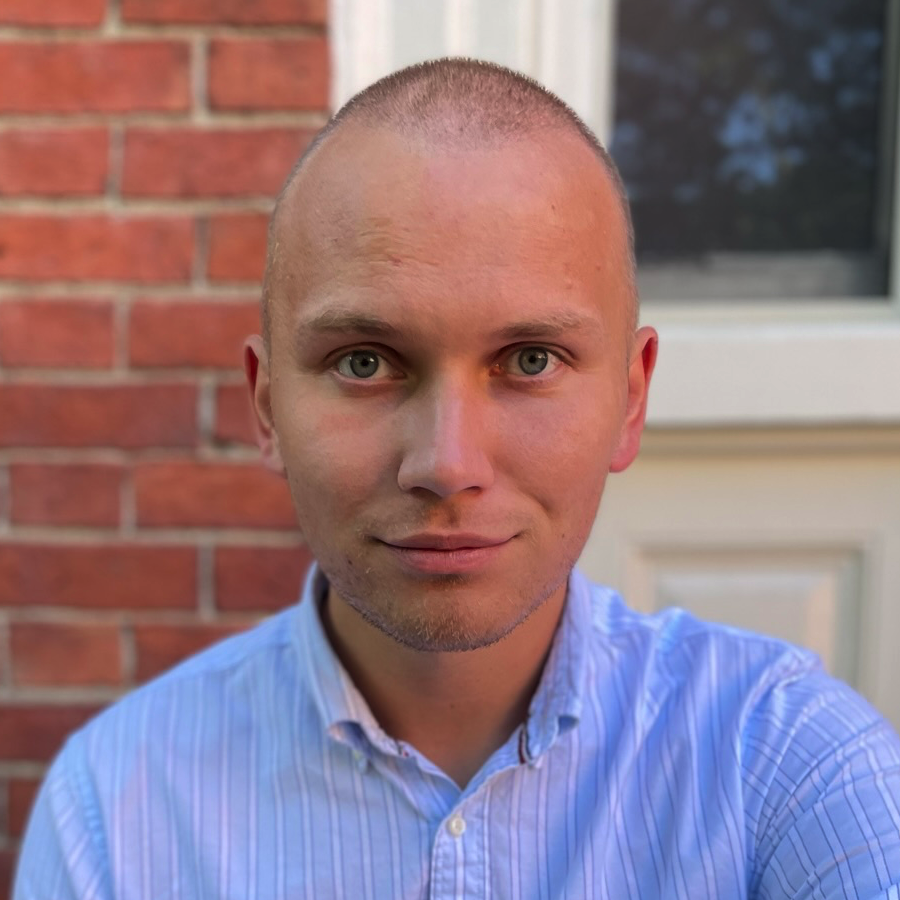
DR. JAKUB MORZE, PROF. SGMK
SGMK Nicolaus Copernicus Superior School Chalmers University of Technology
Jakub Morze MD PhD is an adjunct associate professor at the SGMK College of Medical Sciences and a postdoctoral fellow at the Chalmers University of Technology in Sweden. His research mainly focuses on molecular epidemiology of cardiometabolic disease: and identification of precision approaches to prevent them.
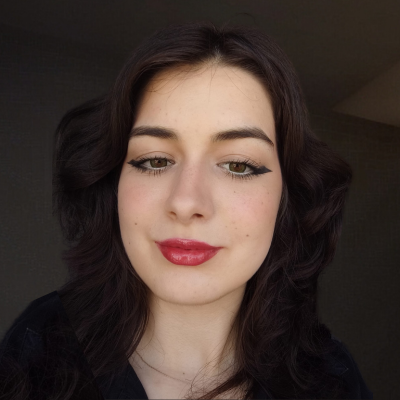
DOMINIKA N. SÓWKA
University of Groningen
Dominika N. Sówka is currently pursuing her studies in International Business at the University of Groningen in the Netherlands, where her academic focus intertwines with a fervent interest in innovation and artificial intelligence. She actively engages in various projects involving data analysis, data science, and contemporary technologies, all of which constitute integral components of her career trajectory. As an International Coordinator at SGMK Nicolaus Copernicus Superior School in Warsaw, Poland, Dominika assumes a pivotal role in fostering international collaborations and initiatives. Her dedication to promoting cross-cultural exchange and cooperation underscores her commitment to global learning and development. In her aspirations for the future, Dominika aims to embody the values of conscientious leadership, empathy, and profound expertise, envisioning herself as a beacon for emerging generations entering the realm of science. Her ultimate goal is to contribute to academia as a distinguished university professor, where she can impart knowledge, inspire innovation, and nurture the intellectual growth of her students. Dominika's multifaceted accomplishments reflect her exemplary academic and extracurricular achievements. She has been recognized as a Provincial Subject Competition Laureate and a Finalist in English, demonstrating her proficiency in linguistic and intellectual pursuits. Additionally, her third-place finish in the Innovation Camp Online, organized in collaboration with Ernst & Young, underscores her acumen in innovation and entrepreneurship. Her achievements extend beyond academic realms, as evidenced by her service as a valued member of the Programme Committee in the Quest board at the University of Groningen, where she plays a pivotal role in ensuring the quality of education delivery. Through her collaborations with esteemed institutions such as SGMK Nicolaus Copernicus Superior School, University of Groningen, and Hanze University, Dominika exemplifies a steadfast commitment to academic excellence, innovation, and global engagement. Her endeavors serve as a testament to her dedication to personal and professional growth, positioning her as a formidable force in the realms of academia and beyond.
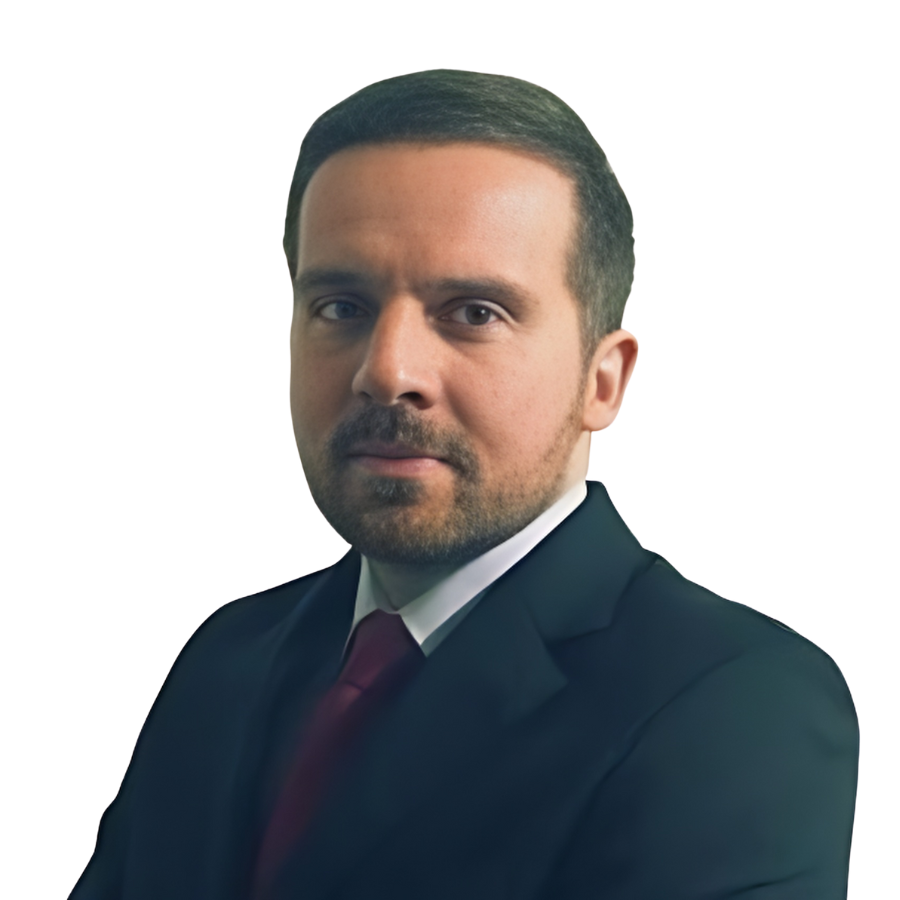
DR. PIOTR MIĘDLAR
SGMK Nicolaus Copernicus Superior School
Dr. Piotr Międlar is an experienced financial analyst with an academic background in economics and extensive experience in international financial corporations as well as Polish capital companies. He is an enthusiast of new technologies and collaboration between academia and business. He obtained his PhD from the Warsaw School of Economics, completed his master's studies at the University of Economics in Krakow, and earned his engineering degree from the Krakow University of Technology. He currently serves as the vice-dean and lecturer at the College of Economic Sciences and Management at the Nicolaus Copernicus University.

DR. PIOTR MIĘDLAR
SGMK Nicolaus Copernicus Superior School
Dr. Piotr Międlar is an experienced financial analyst with an academic background in economics and extensive experience in international financial corporations as well as Polish capital companies. He is an enthusiast of new technologies and collaboration between academia and business. He obtained his PhD from the Warsaw School of Economics, completed his master's studies at the University of Economics in Krakow, and earned his engineering degree from the Krakow University of Technology. He currently serves as the vice-dean and lecturer at the College of Economic Sciences and Management at the Nicolaus Copernicus University.
Conference Date
Count Every Second Until Event

Scientific Congress
FUTURIST OF THE YEAR 2024
“FUTURIST OF THE YEAR 2024 is the first futurological congress initiated to create a space for the exchange of knowledge and experience in the field of the future: technology (including artificial intelligence), economics (including inflation projections), and education (including endowment).”
